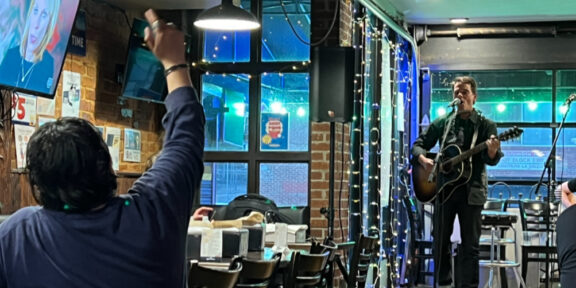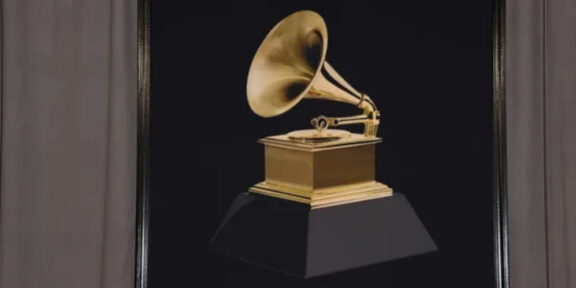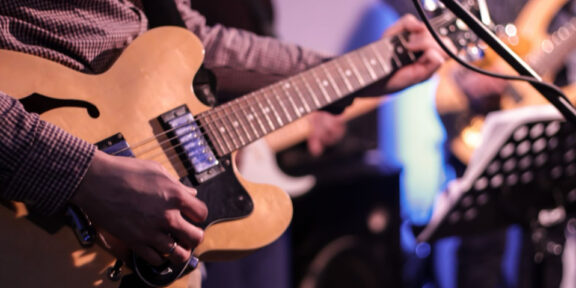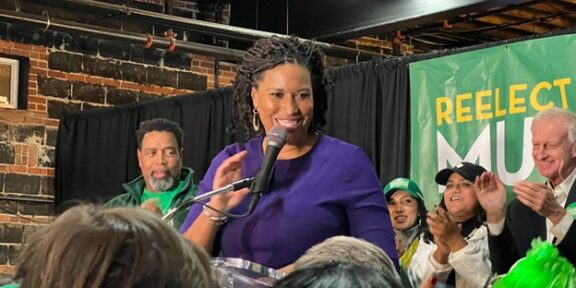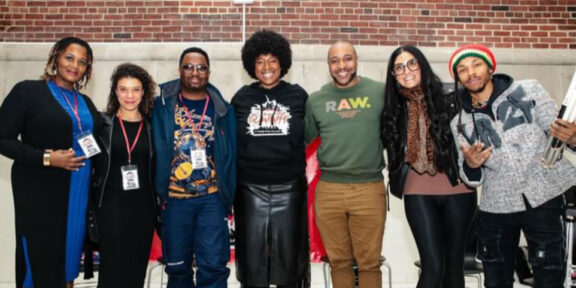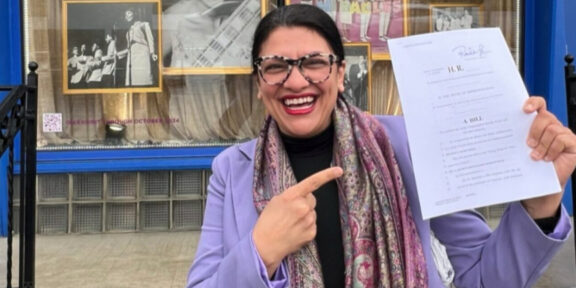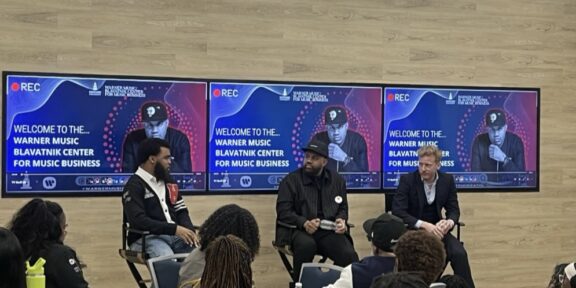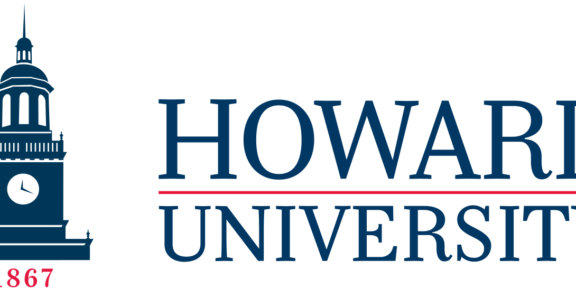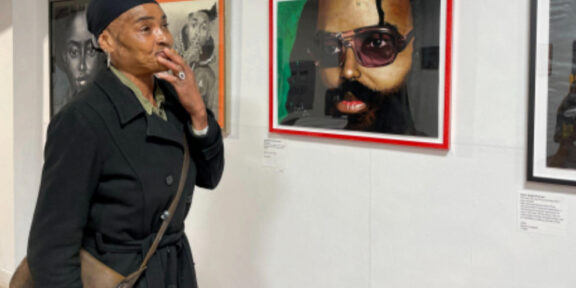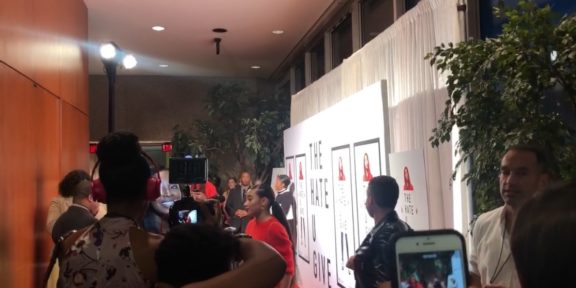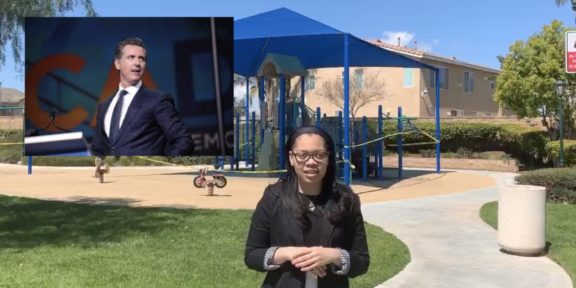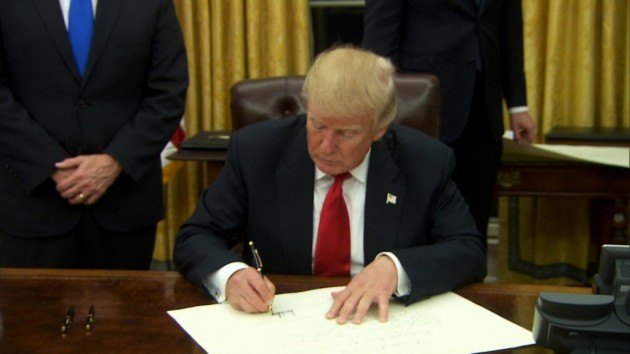By Jordyn Taylor
On Mar. 21, over 200 musicians signed an open letter published by the Artist Rights Alliance (ARA) urging tech businesses and developers to cease using artificial intelligence (AI)–based music generation tools that would devalue creations by human artists.
The letter, reminiscent of a letter published by The Authors Guild in 2023, is another stand in addressing the ongoing fight against the dangers of AI.
Among the signees listed are artists like Nicki Minaj, Ja Rule, Katy Perry, the Bob Marley estate, Jadakiss, and Arya Starr. Their call to action against tech companies and streaming services’ use of AI boils down to the profits these companies make, stealing from an already struggling population of artists.
“For many working musicians, artists and songwriters who are just trying to make ends meet, this would be catastrophic…This assault on human creativity must be stopped.”, the letter reads.
Marcey Yates, a recording artist, music producer and sound engineer from Omaha, Nebraska, was amongst the signees and regarded the letter as the first step to creating a positive relationship between artists, tech and streaming companies, and the AI that is used.
“Some policies could protect the artist, but creativity can be explored through AI, which I think is a great tool. It can be helpful to artists, but I think the artists should be able to determine the way it’s useful to help them, not an outside party coming up with ways to make money,” Yates explained.
It can be challenging to apply U.S. federal copyright rules to AI-generated content that replicates an artist’s voice or general sound but doesn’t explicitly steal their lyrics or music, as most laws refer to human creators taking from other human creators. Language and laws that directly target the issue are still forthcoming, according to the Congressional Research Service.
Aralyn Hilliard, a sophomore marketing major at Howard University, interned at the American Society of Composers, Authors, and Publishers (ASCAP) in its International Affairs Department.
The majority of her work was centered around the development of AI copyright laws internationally and analyzing the data to find silver linings for songwriters and composers.
“Each country and region was kind of dealing with it in a separate and unique way. Personally, I feel like there should be some more united laws around AI copyright. And right now, from what I’ve done research on, there’s not a lot of emphasis on what goes into the training of the AI. There’s just kind of been a lot of overlap of things saying like, this is how it should be, but we don’t quite know how to fix this situation,” Hilliard stated.
A study done by Sacem (France’s Society of Authors, Composers and Publishers of Music) and GEMA (Germany’s Society of Authors, Composers and Publishers of Music) found that the global market for generative AI in music will exceed USD $3 billion by 2028 – a tenfold increase from 2023.
Jen Jacobsen, Executive Director of the ARA, also recognizes that the clock is ticking on the issue.
“The goal of ARA’s open letter on AI is to give artists a way to voice their collective concern about the impact that irresponsible AI will have on the entire music ecosystem. While we are working to advance laws and policies that will protect human artists, we believe it is also critical to engage AI developers and online platforms directly in this conversation,” Jacobsen stated.
“How these tech companies and music services choose to behave—whether they decide to support creators or undermine and devalue them—will determine the future of both artists’ livelihoods and of art itself. This dialogue needs to happen now before it’s too late.”
The ARA will continue to advocate with and on behalf of artist’s rights to their original works against new developments of AI tools in the music industry.


